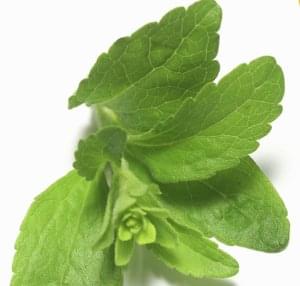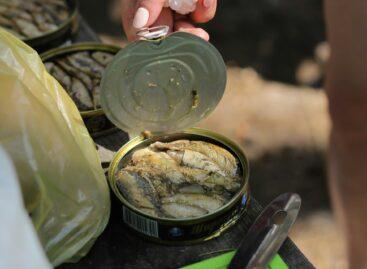National sweeteners growing more popular
Stevia is a natural, non-caloric, sweet-tasting plant used around the world for its pleasant taste, as well as for its increasingly researched potential for inhibiting fat absorption and lowering blood pressure. Despite its centuries-old use without reported toxicity in Latin America and Asia, including Japan, the FDA decided in 1991 that Stevia was an unsafe food additive and ordered all imports seized. The U.S. sugar industry breathed easier, and the market for non-caloric sweeteners was made once more safe for the chemical producers. The consumer was left with the choice of the empty calories of sugar, or the high side effects of the chemical substitutes.
To the rescue, the 1994 DSHEA legislation gave the (previous) leading importer of Stevia enough leverage to place a legal Hobson's choice before the FDA: Admit Stevia was safe (which would expose the food additive market) or admit it as a previously-sold dietary supplement with no evidence of toxicity. The FDA took the line of least resistance and declared it admissible as a dietary supplement, but not as a food additive. When the cheering of the sugar industry and the producers of Nutrasweet and Sweet'N Low dies down, it will be interesting to see how the FDA can maintain that a natural product deemed safe as a supplement can be unsafe as a food additive, especially for a market dominated by notoriously high side-effect chemical products.
Related news
Related news
KSH: Gross average earnings were HUF 605,400 in February 2024, 14.0 percent higher than a year earlier
In February 2024, the gross average earnings of those employed…
Read more >Sándor Czomba: 566 micro, small and medium-sized enterprises receive capacity-building support
566 people successfully applied for the capacity expansion support aimed…
Read more >UN: worldwide food insecurity continued to increase last year
The insecurity of the food supply has increased further in…
Read more >





